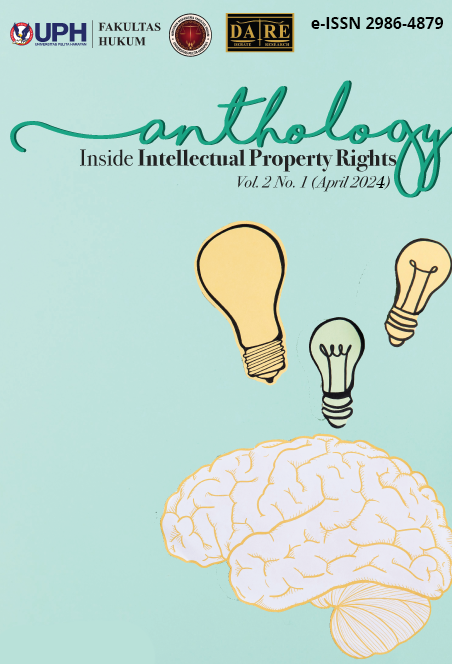Taylor's Version: A Case Study in Intellectual Property Rights for Musicians
Trefwoorden:
re-recording, copyright law, composition ownership, master recording ownershipSamenvatting
The central issue of this thesis revolves around the separation of ownership between music compositions and master recordings. Traditionally, record labels held rights to master recordings, while composers retained ownership of their compositions. This division has led to tensions, with artists often feeling exploited by labels. The case of Taylor Swift and Big Machine Records has brought the issue of IP rights in music to the forefront of public attention. In 2019, Swift publicly criticized Big Machine Records for refusing to allow her to perform songs from her first six albums at the American Music Awards. This was allegedly due to a contractual clause that prevented her from performing the songs unless Big Machine Records received specific approvals.Which caused Taylor Swift to re-recorded her first six studio albums, which were originally released under the Big Machine Records label. The case of Taylor Swift and Big Machine Records is significant for several reasons. First, it highlights the significant power imbalance that can exist between artists and record labels. Second, it sparks a conversation about the need for greater transparency and fairness in the music industry, particularly in terms of IP rights. Third, it provides an opportunity to examine the implications of the separation of ownership between music compositions and master recordings in Indonesia. This thesis aims to analyze the legal framework surrounding the separation of ownership between music compositions and master recordings in Indonesia and specifically examine the implications of Taylor Swift's case with Big Machine Records within the context of Indonesian law.
Referenties
Centrella, N. (Taylor’s Version): Explaining Taylor Swift’s Re-Recordings Under the Copyright Law. Fitzpatrick Lentz &Amp; Bubba. 2023.
https://www.flblaw.com/taylors-version-explaining-taylor-swifts-re-recordings-under-the-copyright-law/
Finnis, Alex. 2020. “Taylor Swift Masters: The Controversy around Scooter Braun Selling the Rights to Her Old Music Explained.” Inews.Co.Uk. 2020. https://inews.co.uk/culture/music/taylor-swift-masters-scooter-braun-selling-rights-music-rer ecording-row-explained-762411.
Hernandez-Olivan, C., & Beltran, J. R. Music composition with deep learning: A review. Advances in speech and music technology: computational aspects and applications, 25-50. 2022.
Huang, C. Z. A., Hawthorne, C., Roberts, A., Dinculescu, M., Wexler, J., Hong, L., & Howcroft, J. The bach doodle: Approachable music composition with machine learning at scale. arXiv preprint arXiv:1907.06637. 2019.
Jacso, P. The scientometric portrait of Eugene Garfield through the free ResearcherID service from the Web of Science Core Collection of 67 million master records and 1.3 billion references. Scientometrics, 114, 545-555. 2018.
Law number 28 of 2014 concerning copyright
Rothstein, A. The Importance of Copyright Law for Music Publishers. IPR. 2019. https://www.ipr.edu/blogs/audio-production/copyright-law-music-producers/
Understanding Music Copyrights and Licenses. 2023. ICMP. August 18, 2023. https://www.icmp.ac.uk/blog/understanding-music-copyrights-and-licenses.

